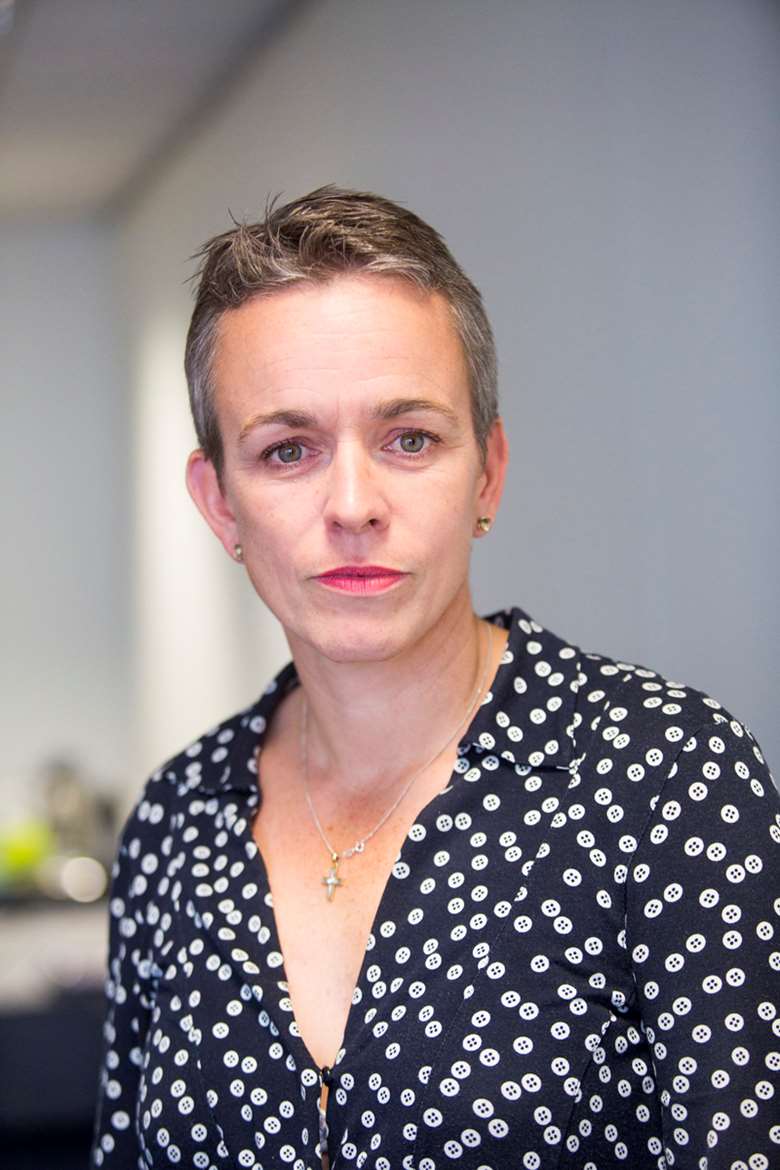Police chief urges leniency around children's home incidents
Derren Hayes
Tuesday, October 27, 2015
Police forces should only attend children's homes to tackle extreme incidents of young people's behaviour, the country's top police officer for children's issues has said.

Olivia Pinkney, children and young people’s lead at the National Police Chiefs Council (NPCC) and deputy chief constable of Sussex Police, said local police services and children’s homes providers must work together to reduce the number of times officers are called out to settings for what she described as minor incidents.
Pinkney said residential care practitioners are often too quick to turn to the police when disruptive behaviour occurs in homes, which puts pressure on local officers to take action.
Speaking to CYP Now, Pinkney said: “I’m not denying that staff in those settings can feel very threatened, scared and need additional help. That is not a police role.
“We need to work with that children’s home to enable that child to stay there. We’re not going to arrest them and stick them in a cell, or put them through the criminal justice system.
“There’s some great examples around the country where relations between children’s homes and police are starting to strengthen and both sides work together to address behaviours, but we really need police officers not to think ‘a crime has happened, therefore I need to take formal action’.
“If something really awful has happened of course we will always come, but too often that is not what goes on.”
Pinkney cited an example from her own area where a young person at a residential care home was arrested for having a pillow fight.
“It’s that kind of thing,” she said. “The calls can be in their thousands throughout the year. Some of it is acute and concerning but a lot of it isn’t and it is that we need to address.”
Reducing criminalisation of looked-after children is one of four targets for the NPCC’s first children and young people policing strategy, which was launched last month.
Earlier this month Department for Education statistics showed that one in three young people in custody are looked-after children. Pinkney said one of the factors in this is the increased likelihood of police taking action for minor incidents in residential settings.
To read the full interview with Olivia Pinkney click here, or see the latest issue of CYP Now.




